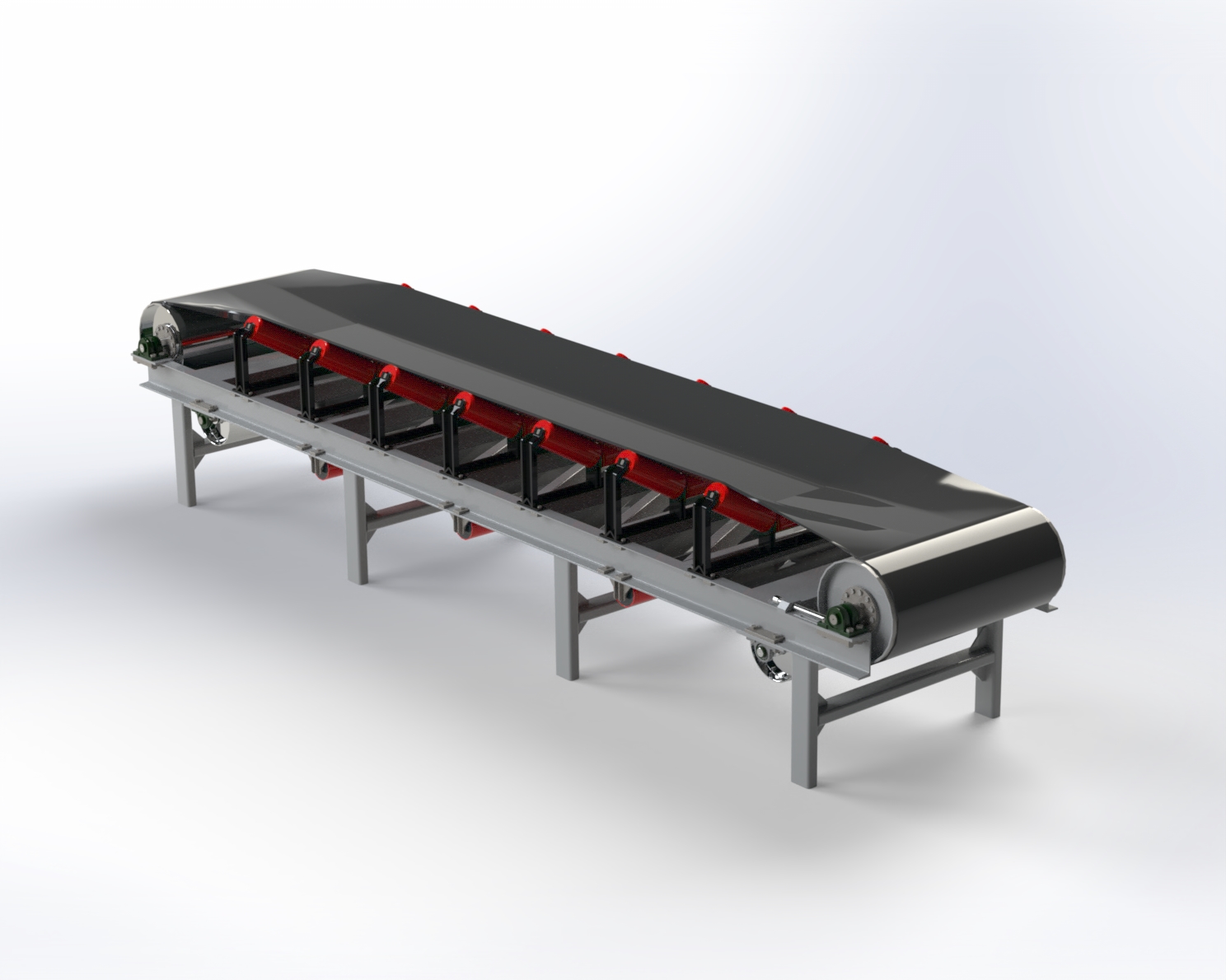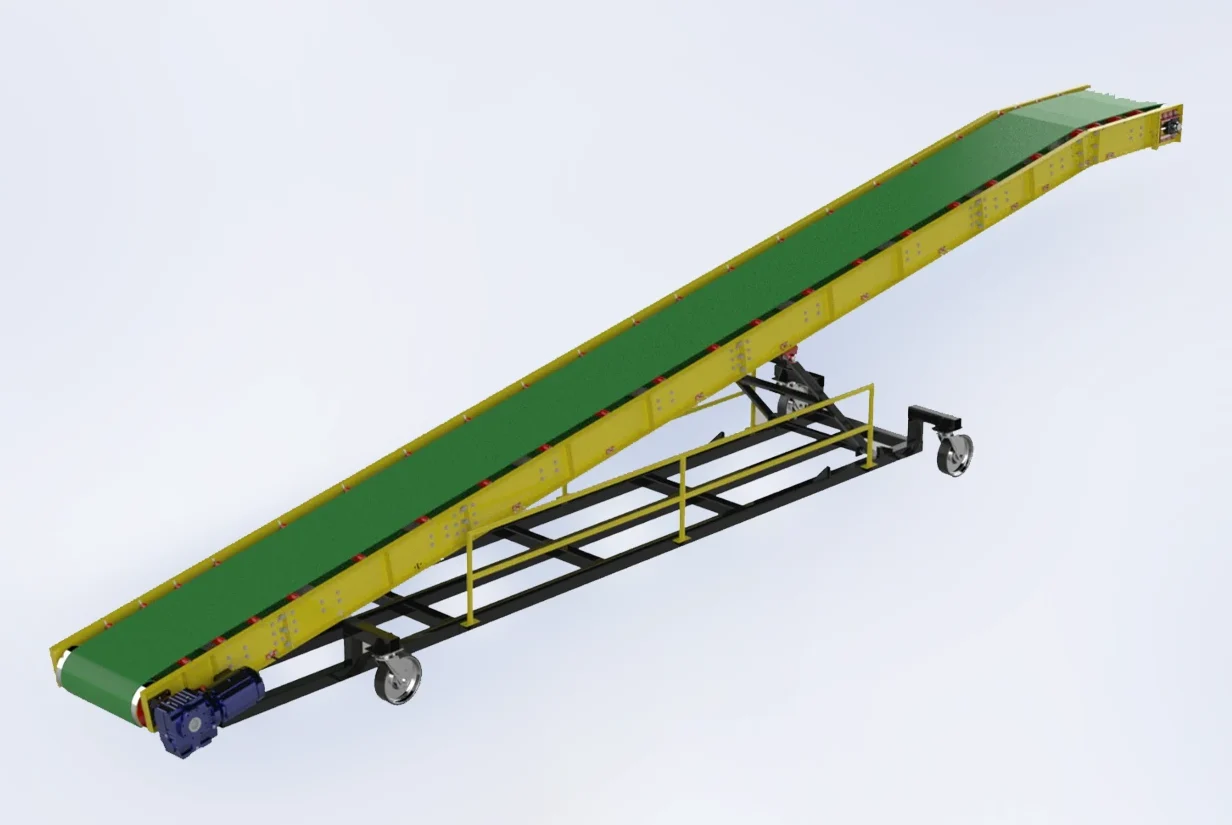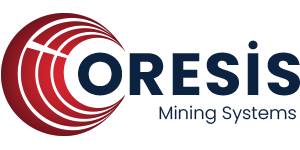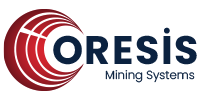
- Vertical and Horizontal Transport -
Belt Conveyors
Belt conveyors are one of the most widely used conveyor systems, meeting the need for continuous and efficient material transport in industrial production. Preferred in food, mining, construction, logistics, agriculture, chemicals, and automotive industries, belt conveyors stand out with low energy consumption and high transport capacity. Thanks to their flexible design, they can be manufactured to suit horizontal and inclined transport requirements.
Advantages of Belt Conveyors
- High transport capacity: Ensures fast and reliable movement of large-volume materials over long distances.
- Low energy consumption: Provides maximum efficiency with minimal power usage.
- Flexible application areas: Can be customized for horizontal, inclined, or vertical transport.
- Easy maintenance: Simple design allows for easy maintenance and long service life.
- Safe transport: Available in open or enclosed systems, offering resistance to environmental factors and ensuring secure material handling.
- Material versatility: Capable of transporting various materials, including powders, granules, bagged, or bulk loads.
Applications of Belt Conveyors
- Food industry: Used for transporting flour, grains, sugar, coffee, spices, dairy products, and processed food items.
- Mining & construction: Ensures the transport of heavy and abrasive materials like coal, cement, limestone, sand, gravel, and ore.
- Logistics & warehousing: Provides seamless transport for packaged goods, boxes, bags, and other logistics materials.
- Chemicals & plastics: Handles chemical raw materials, polymer granules, plastic parts, and chemical bags.
- Agriculture & livestock: Facilitates the transport of feed, fertilizer, grains, and other agricultural products.
- Automotive & manufacturing: Enhances production efficiency by accelerating part and product transport on assembly lines.
Types of Belt Conveyors
- Fixed belt conveyors: Designed for long-term use with high transport capacity.
- Mobile belt conveyors: Portable structure allows for flexible use in warehouses and ports.
- Inclined belt conveyors: Specifically designed to transport materials between different levels.
- Modular belt conveyors: Built with plastic or metal modules, providing a durable and adaptable transport solution.
- Magnetic belt conveyors: Uses magnetic belt technology to simplify the transport of metal parts.
- Vacuum belt conveyors: Moves lightweight materials using an air suction system.
Key Considerations When Choosing a Belt Conveyor
- Type of material: The appropriate belt should be selected for granular, powdered, packaged, or bagged materials.
- Transport distance & capacity: Determine the conveyor length and the hourly transport capacity required.
- Belt material: Factors such as chemical resistance, abrasion resistance, and temperature tolerance should be considered.
- Operating environment: Special designs should be chosen for belt conveyors operating in dusty, humid, abrasive, or high-temperature conditions.
- Energy efficiency: Models that offer maximum transport capacity with minimal energy consumption should be evaluated.
- Ease of maintenance: The conveyor should be designed to minimize long-term maintenance costs.
Oresis Belt Conveyor Solutions
At Oresis, we provide high-quality, customized belt conveyor solutions tailored to the needs of industrial businesses. With durable materials, adaptable designs, and long-lasting structures, we add value to your production processes.
Send Your Questions and Requests:


You can call us for more detailed technical information about our products.
Contact now
Our e-mail address
Our phone number

